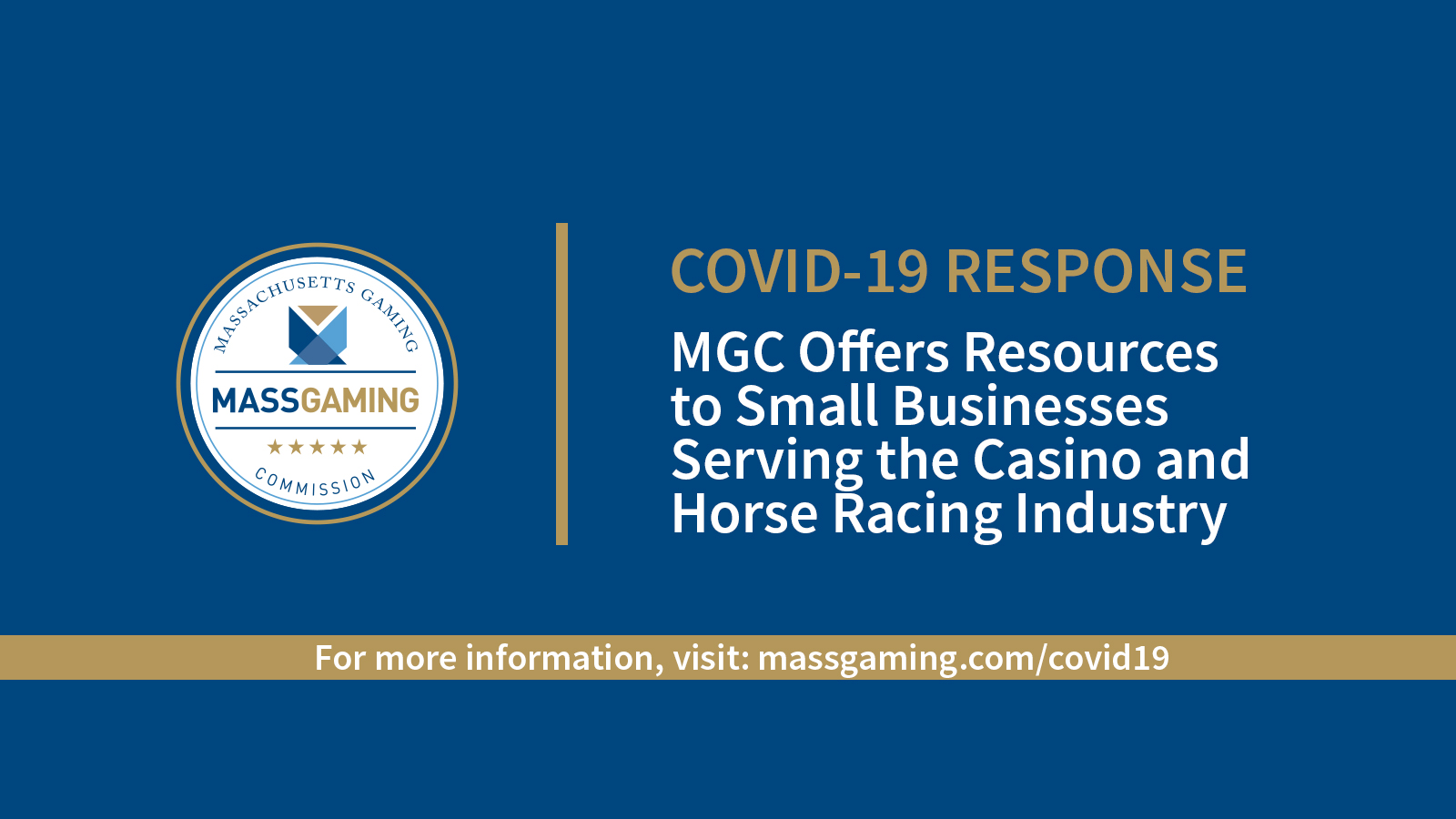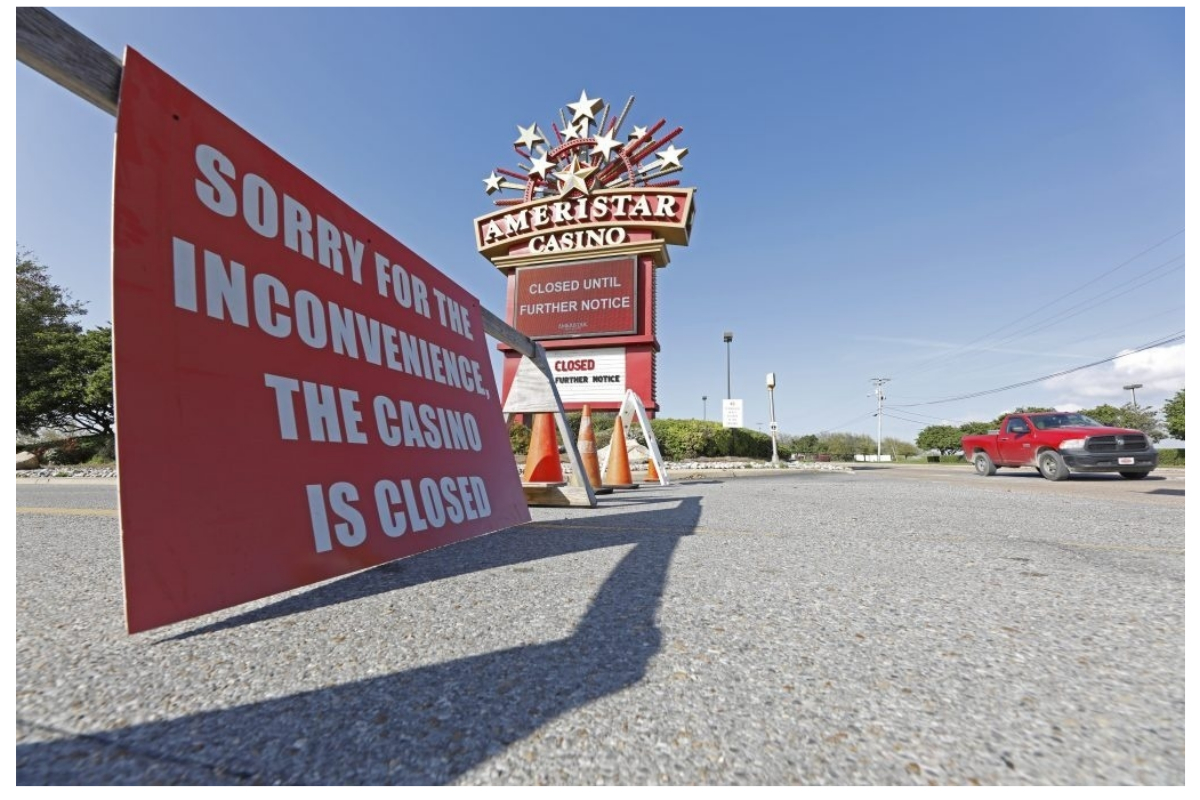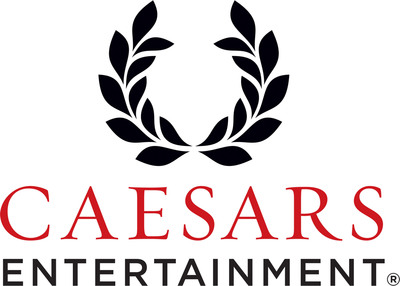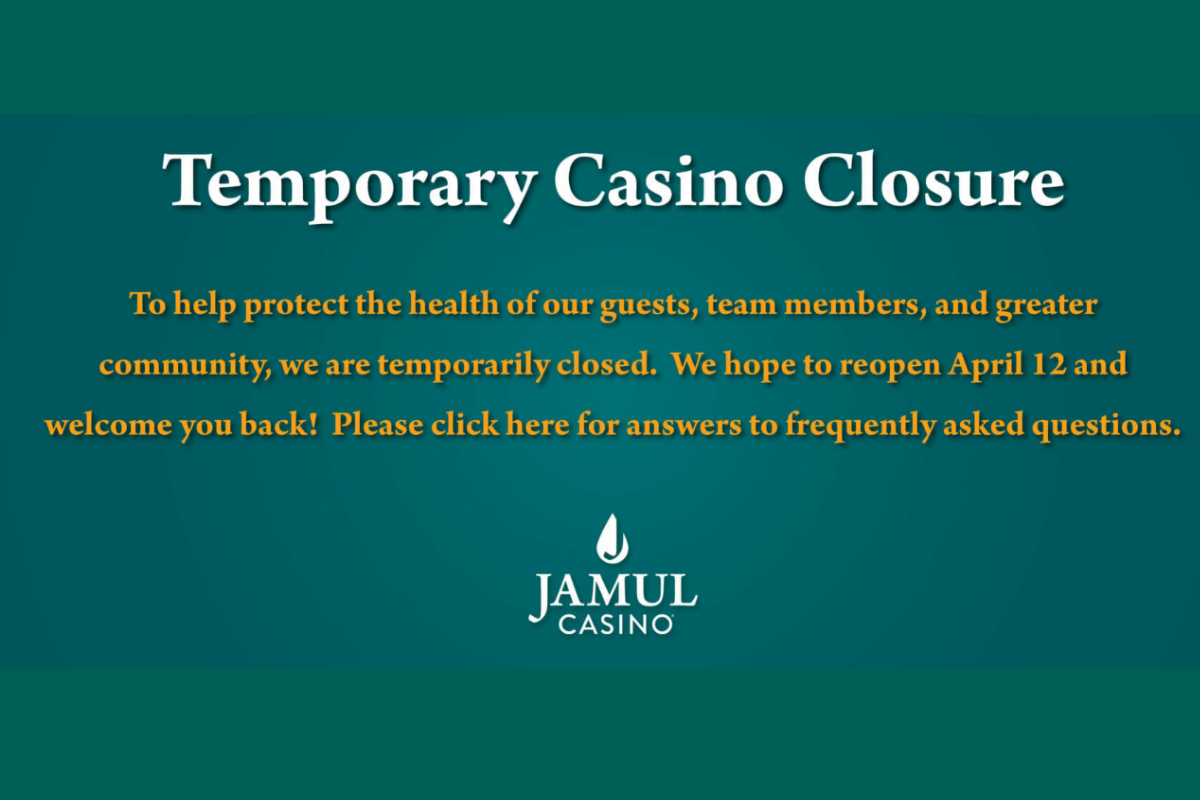
PokerStars Founder Isai Scheinberg Pleads Guilty
Geoffrey S. Berman, the United States Attorney for the Southern District of New York, announced that ISAI SCHEINBERG, the founder and former executive of PokerStars, an online poker company, pled guilty to running a multimillion-dollar unlawful internet gambling business. SCHEINBERG pled guilty before U.S. Magistrate Judge Sarah L. Cave.
Manhattan U.S. Attorney Geoffrey S. Berman said: “Ten years ago, this Office charged 11 defendants who operated, or provided fraudulent payment processing services to, three of the largest online poker companies then operating in the United States – PokerStars, Full Tilt Poker, and Absolute Poker – with operating illegal gambling businesses and other crimes. As Isai Scheinberg’s guilty plea today shows, the passage of time will not undermine this Office’s commitment to holding accountable individuals who violate U.S. law.”
As alleged in the Indictment filed in March 2011 in Manhattan federal court, PokerStars was founded in approximately 2001, with headquarters in the Isle of Man. PokerStars offered online poker games to players around the world, including in New York, New York. SCHEINBERG was PokerStars’ founder and principal. On October 13, 2006, the United States enacted the Unlawful Internet Gambling Enforcement Act (“UIGEA”), making it a federal crime for gambling businesses to “knowingly accept” most forms of payment “in connection with the participation of another person in unlawful Internet gambling.” With the enactment of UIGEA, leading internet gambling businesses – including the leading internet poker company doing business in the United States at that time – terminated their United States operations. However, PokerStars, along with Full Tilt Poker and Absolute Poker, continued illegally to make internet poker available to U.S. customers through March 2011.
In pleading guilty, SCHEINBERG admitted that he knew operating a business that offered internet poker to New Yorkers violated state law, and that it was the clear position of the U.S. government that offering online poker in the United States violated federal law. Nonetheless, Scheinberg decided to continue running his multimillion-dollar online poker business in the United States.
SCHEINBERG, 73, a dual Canadian and Israeli national, was arrested in Switzerland on June 7, 2019, based on the U.S. charges. In early October 2019, SCHEINBERG was ordered to be extradited to the United States by the Swiss Federal Office of Justice, a decision he initially appealed. SCHEINBERG subsequently withdrew his appeal and surrendered to U.S. federal agents on January 17, 2020. He was arraigned before United States Magistrate Judge Katharine H. Parker on the same day.
Source: justice.gov










